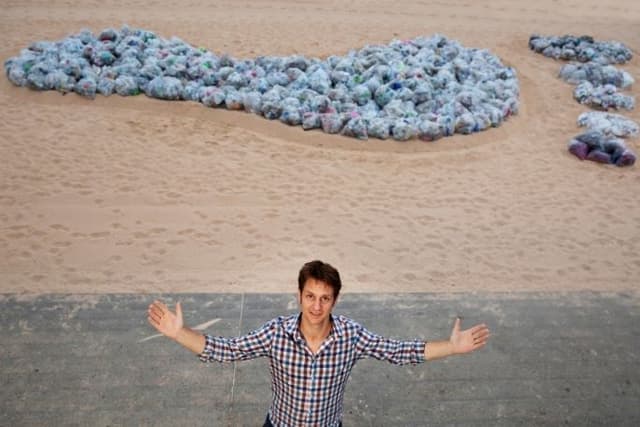
War On Waste - Finding Out About Single-Use Plastics
Lesson4 of 7 in this unit
PrimaryFoundationYear 1 - 4Humanities and Social SciencesGeographyEnvironmentalSustainabilityEconomicDesign Thinking
Summary
Lesson Guides and Printables
Lesson Plan

Student Worksheet

Teacher Content Info
